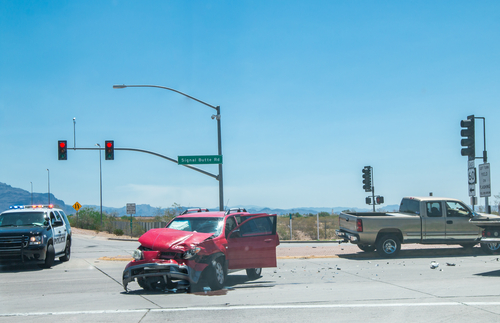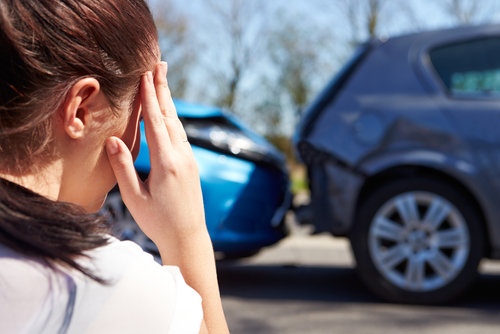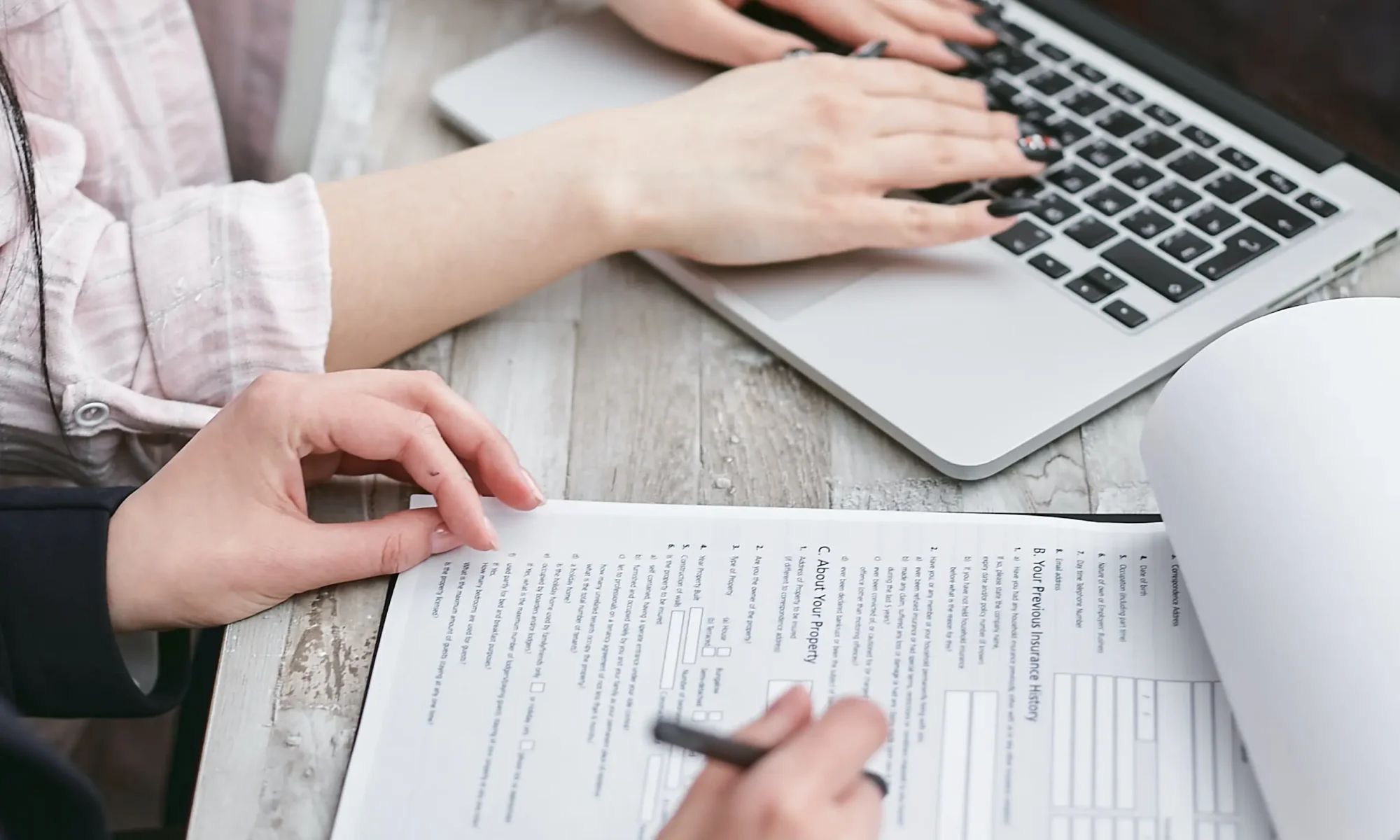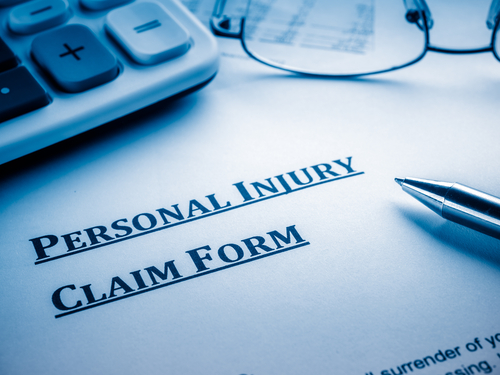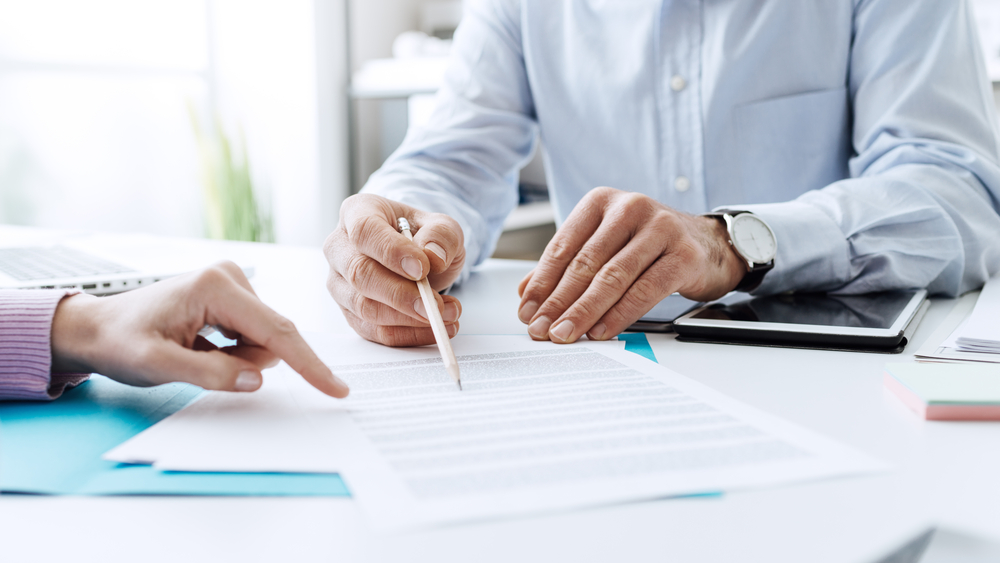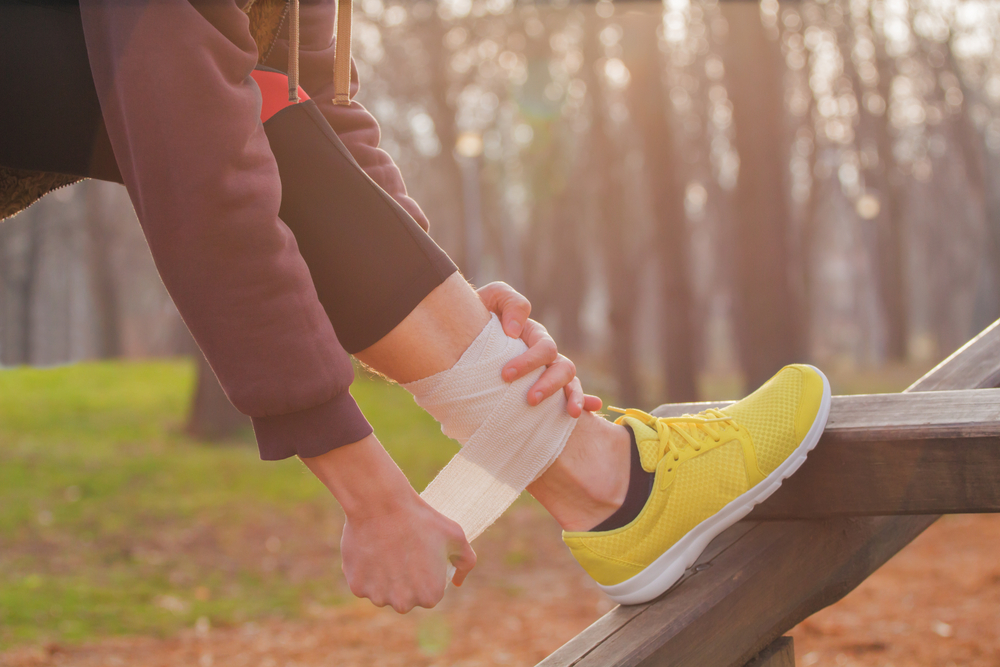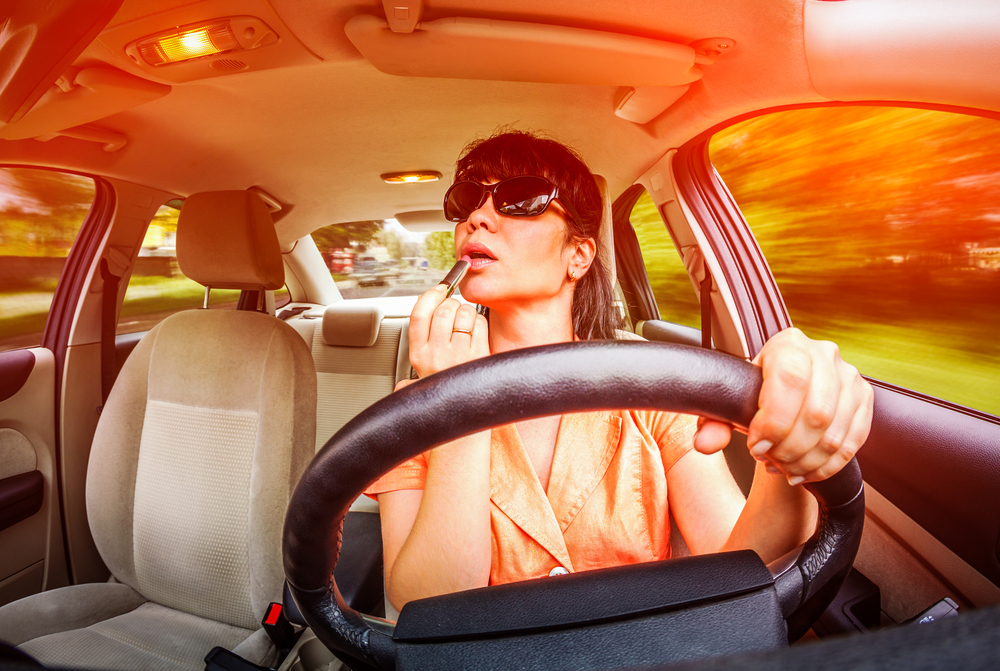How Long Should a Personal Injury Case Take to Settle
Personal injury cases can be emotionally draining, financially challenging, and time-consuming. If you’ve found yourself in the midst of one, you’re likely wondering: How long should a personal injury case take to settle? It’s a question that lingers in the minds of many, and rightly so. In this blog post, we’ll delve into the intricacies of personal injury cases, exploring the factors that influence their duration and shedding light on what you can expect during this often complex journey.
Before we delve into the timeline of a personal injury case, let’s establish a foundation by understanding what a personal injury case entails. In essence, a personal injury case arises when an individual suffers harm due to the negligence, recklessness, or intentional actions of another party. These cases can encompass a wide range of situations, from car accidents and slip-and-falls to medical malpractice and product liability.
What is the Process of a Personal Injury Case?
The process of a personal injury case typically begins with the injured party seeking medical attention and collecting evidence related to the incident. Subsequently, a personal injury attorney may be consulted to assess the viability of the case, initiate negotiations with the opposing party, and, if necessary, guide the case through formal legal proceedings, including court litigation.
Initial Investigation in a Personal Injury Case
The initial investigation in a personal injury case is a crucial phase where evidence related to the incident is gathered, witnesses are interviewed, and the circumstances surrounding the injury are thoroughly examined. This foundational step sets the groundwork for the subsequent stages of the case, helping to establish the facts and determine the viability of pursuing legal action.
Filing a Complaint in a Personal Injury Case
Filing a complaint marks the formal initiation of a personal injury case, wherein the injured party, represented by their attorney, outlines the details of the incident, alleges the defendant’s negligence or misconduct, and specifies the damages sought. This legal document sets the legal process in motion and formally notifies the opposing party of the impending lawsuit.
Discovery in a Personal Injury Case
Discovery is a phase in a personal injury case where both parties exchange information and evidence relevant to the case. This includes documents, medical records, witness statements, and any other pertinent details. The discovery process allows each side to understand the strengths and weaknesses of the opposing party’s case, facilitating informed negotiations or court proceedings.
Settlement Negotiations in a Personal Injury Case
Settlement negotiations occur when the involved parties, often through their legal representatives, attempt to reach an agreement to resolve the case without going to trial. This stage involves discussions about compensation for the injured party’s losses, covering medical expenses, lost wages, pain and suffering, and other damages to achieve a fair resolution for all parties involved.
Court Proceedings in a Personal Injury Case
If settlement negotiations are unsuccessful, the personal injury case may proceed to court proceedings. This stage involves presenting the case before a judge and, in some instances, a jury. Witness testimonies, expert opinions, and legal arguments are presented to establish liability and assess damages, with the court ultimately deciding the outcome of the case.
Establish Liability, Assess Damages
Establishing liability is a central aspect of a personal injury case, requiring the injured party to demonstrate that the defendant’s actions or negligence directly caused the harm suffered. Simultaneously, the assessment of damages involves quantifying the financial compensation necessary to address the various losses incurred by the injured party, encompassing medical expenses, property damage, lost wages, and emotional distress.
Compensation for the Injured Party’s Losses
Compensation in a personal injury case aims to redress the losses suffered by the injured party due to the actions of the defendant. This may include reimbursement for medical expenses, compensation for lost wages, property damage, and an amount for pain and suffering. Securing fair compensation is the ultimate goal of the legal proceedings, ensuring that the injured party receives adequate financial remedy for the impact of the incident.
Factors Affecting the Length of a Personal Injury Case
Every personal injury case is unique, and various factors contribute to the time it takes for a case to resolve. So, let’s break down these factors and gain a clearer understanding of why some cases may conclude swiftly while others meander through a lengthy legal process. Check out “What To Expect From A Personal Injury Lawyer” to know what to expect from your legal representation.
The Nature and Complexity of the Case
One of the most significant factors influencing the duration of a personal injury case is the nature and complexity of the incident. For instance, a straightforward car accident with clear liability might be resolved more expeditiously than a complex medical malpractice case involving multiple parties, expert witnesses, and intricate legal issues.
In simple cases where liability is evident, negotiations between the parties and their respective insurance companies may lead to a swift settlement. Conversely, complex cases may necessitate extensive investigations, expert testimonies, and intricate legal proceedings, all of which contribute to a prolonged timeline.
Medical Treatment and Recovery Period
The extent and duration of medical treatment required by the injured party play a pivotal role in shaping the timeline of a personal injury case. Rushing into a settlement before the full scope of injuries is understood can lead to inadequate compensation for medical expenses, pain and suffering, and lost wages.
It’s essential to allow time for a thorough medical examination, diagnosis, and a comprehensive treatment plan. In some cases, injuries may take time to manifest fully, and settling prematurely may leave the injured party without the necessary resources to cover ongoing medical expenses.
Negotiations and Settlement Discussions
Once the injured party reaches maximum medical improvement or a point where further recovery is unlikely, negotiations between the involved parties and their insurers typically commence. This phase can significantly impact the overall timeline of a personal injury case.
Negotiations may progress smoothly, resulting in a fair settlement, or they may hit roadblocks, leading to a more protracted legal battle. Factors such as the willingness of the opposing party to negotiate in good faith, the strength of the evidence, and the effectiveness of legal representation can all influence the pace of settlement discussions.
Reasonable Settlement in a Personal Injury Case
A reasonable settlement in a personal injury case is an agreement between the involved parties that fairly compensates the injured party for their losses without proceeding to a trial. Achieving a reasonable settlement involves negotiations based on the extent of injuries, liability, and various other factors, providing a faster and potentially less costly resolution compared to a courtroom trial.
Financial Compensation in a Personal Injury Case
Financial compensation in a personal injury case refers to the monetary award granted to the injured party as a result of a settlement or court decision. This compensation is intended to cover various losses, including medical expenses, lost wages, property damage, and pain and suffering. Securing adequate financial compensation is a central goal in personal injury cases, aiming to help the injured party recover and move forward after the incident.
Legal Proceedings and Court Schedules
In some instances, personal injury cases may progress to the litigation stage, where formal legal proceedings are initiated. The court’s schedule, along with the complexities of the case, will dictate how swiftly or slowly the legal process unfolds.
Court schedules, case backlogs, and the availability of judges can introduce delays that are beyond the control of both parties involved. While some cases may move swiftly through the court system, others may experience delays that extend the overall duration of the case.
Trial Date in a Personal Injury Case
The trial date in a personal injury case is the scheduled court appearance where both parties present their evidence, witness testimonies, and legal arguments to a judge or jury. This critical milestone marks the culmination of the legal process, determining the outcome of the case if a settlement hasn’t been reached through prior negotiations.
Trial Decision in a Personal Injury Case
The trial decision in a personal injury case is the final judgment rendered by the court, either through a judge’s decision or a jury verdict. This outcome establishes the liability of the defendant and specifies the financial compensation, if any, to be awarded to the injured party, concluding the legal proceedings.
Defendant’s Response and Tactics
The actions and tactics employed by the defendant’s legal team can significantly impact the timeline of a personal injury case. If the defendant acknowledges liability and cooperates in settlement discussions, the process may move more quickly. On the other hand, a defendant who denies liability employs delaying tactics or vigorously contests the claim may extend the duration of the case.
Understanding these factors provides insight into why personal injury cases vary widely in their timelines. While some cases may be resolved in a matter of months, others may take years to conclude.
Pocket Expense in a Personal Injury Case
Pocket expenses in a personal injury case refer to the out-of-pocket costs incurred by the injured party during the legal process. These may include medical co-pays, transportation expenses for medical appointments, and other costs not covered by insurance. Individuals involved in a personal injury case must keep track of these pocket expenses, as they may be recoverable as part of the overall financial compensation.
Tips for Expediting Your Personal Injury Case
While the timeline of a personal injury case is influenced by various factors, there are steps you can take to potentially expedite the process:
Promptly Seek Medical Attention: Don’t delay seeking medical treatment after an accident. Prompt medical attention not only ensures your well-being but also establishes a clear connection between the incident and your injuries.
Document Everything: Keep detailed records of the accident, your injuries, medical treatments, and any other relevant information. This documentation can serve as crucial evidence during negotiations or legal proceedings.
Consult with an Experienced Attorney: A knowledgeable personal injury attorney can guide you through the legal process, negotiate on your behalf, and provide essential legal advice. Their expertise can help streamline the process and ensure your rights are protected.
Cooperate with Investigations: Be cooperative during investigations, providing all necessary information and documentation requested by your attorney or the opposing party. Cooperation can contribute to a smoother resolution of the case.
Consider Alternative Dispute Resolution: In some cases, alternative dispute resolution methods, such as mediation or arbitration, can expedite the resolution process. These methods allow the parties to negotiate a settlement outside of the courtroom.
Conclusion – How Long Should a Personal Injury Case Take to Settle
In the realm of personal injury cases, predicting an exact timeline is challenging due to the numerous variables at play. While some cases may wrap up quickly through amicable negotiations, others may traverse a more extended path involving legal proceedings and court battles.
Understanding the factors that influence the duration of a personal injury case empowers individuals to navigate this challenging terrain more effectively. By being proactive in seeking medical attention, documenting crucial information, and securing experienced legal representation, you can position yourself for a smoother and potentially faster resolution.
Remember, each personal injury case is unique, and patience, diligence, and the right legal guidance are key to achieving a favorable outcome.
Ready to navigate the twists and turns of your personal injury case journey with a legal ally by your side? Shani Brooks Law brings not just legal expertise but a commitment to understanding the unique aspects of your situation, ensuring that your case is handled with the attention it deserves. Don’t let uncertainties about the duration of your case linger – take the first step towards a smoother resolution by entrusting your legal concerns to Shani Brooks Law today. Contact us now!
FAQs: How Long Should a Personal Injury Case Take to Settle
What factors contribute to the length of a personal injury case?
The timeline of a personal injury case is influenced by factors like the nature and complexity of the incident, the duration of medical treatment, the defendant’s response, and the efficiency of settlement negotiations or court proceedings.
Can I speed up the settlement process of my personal injury case?
While each case is unique, prompt medical attention, thorough documentation of the incident, and proactive cooperation with your attorney can potentially expedite the settlement process of your personal injury case.
Are there any common delays in personal injury cases?
Yes, common delays include the complexity of the case, court schedules, the defendant’s tactics, and the need for extensive discovery. These factors can extend the overall duration of a personal injury case.
What can I do to ensure a timely resolution of my personal injury case?
Seeking prompt medical attention, maintaining detailed records, and consulting with an experienced personal injury attorney can significantly contribute to a more efficient resolution of your case, ensuring that your rights are protected throughout the process.

